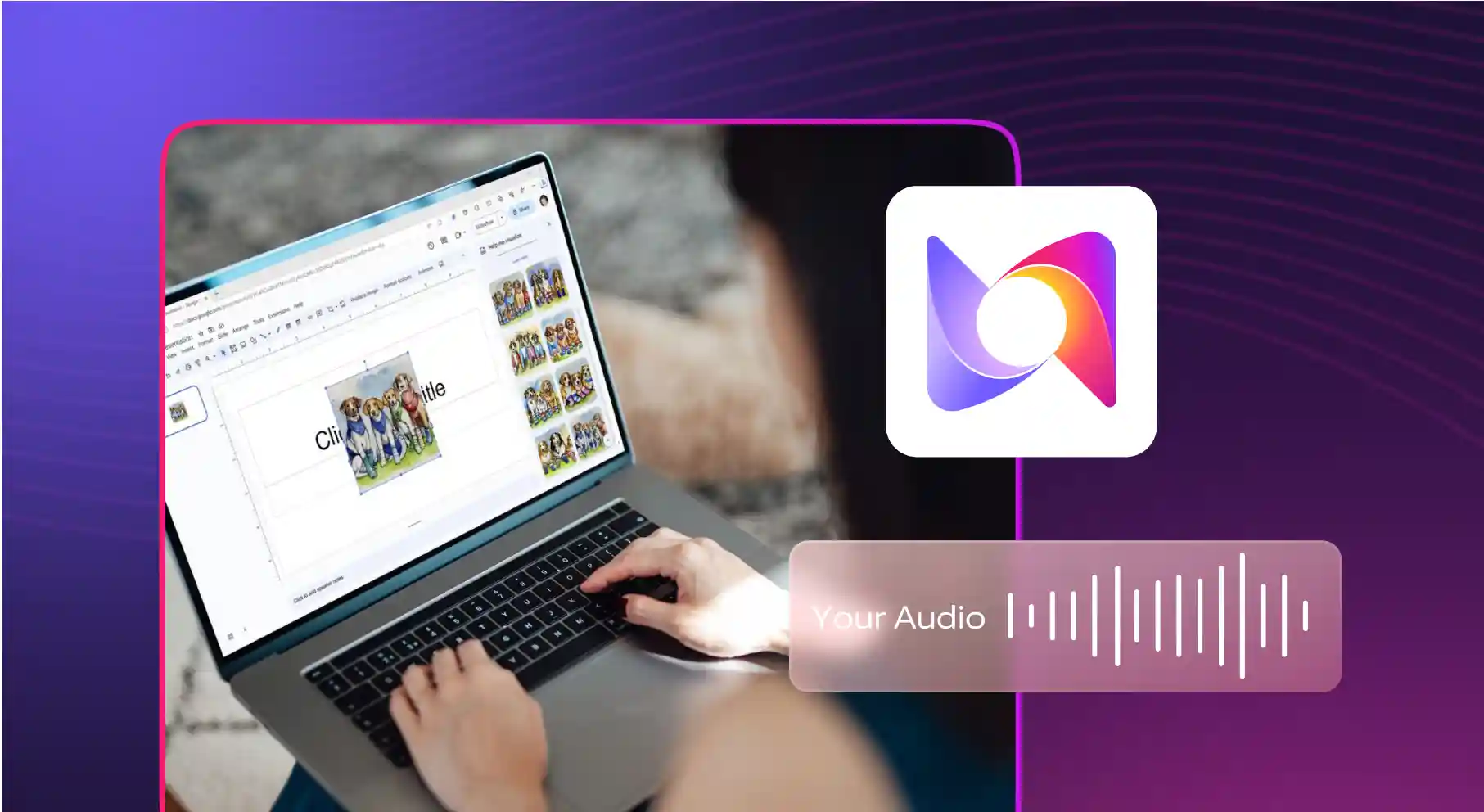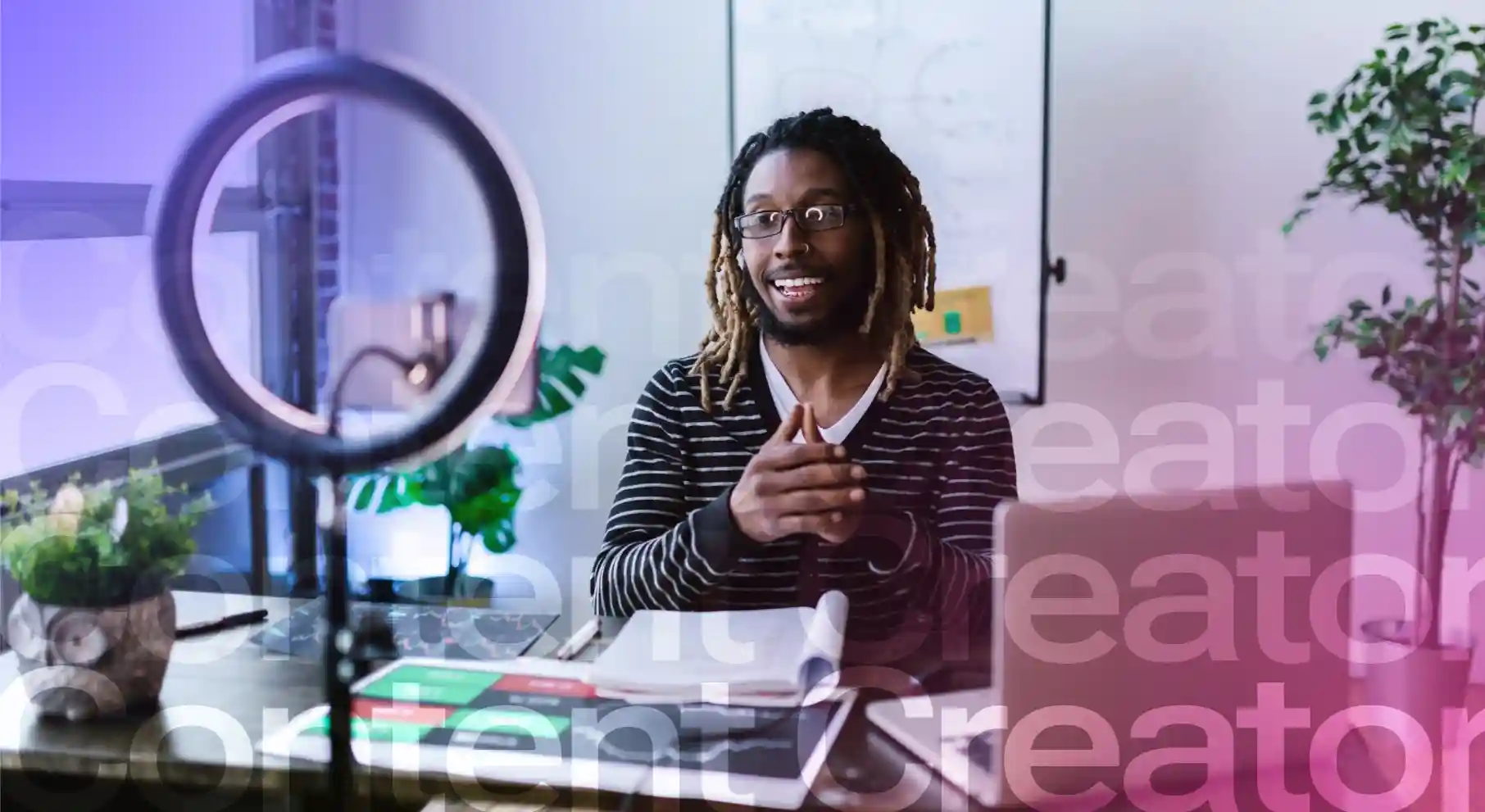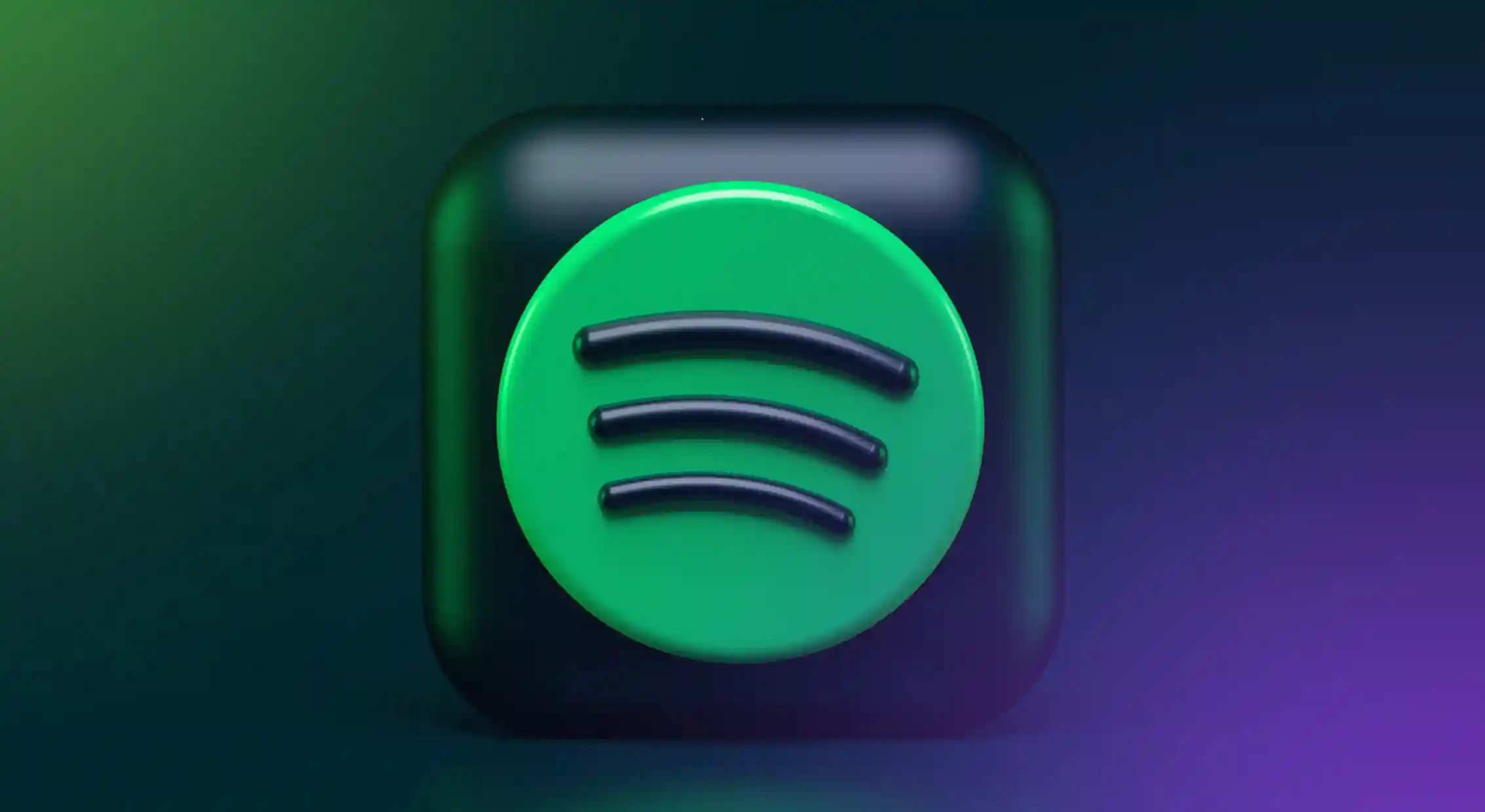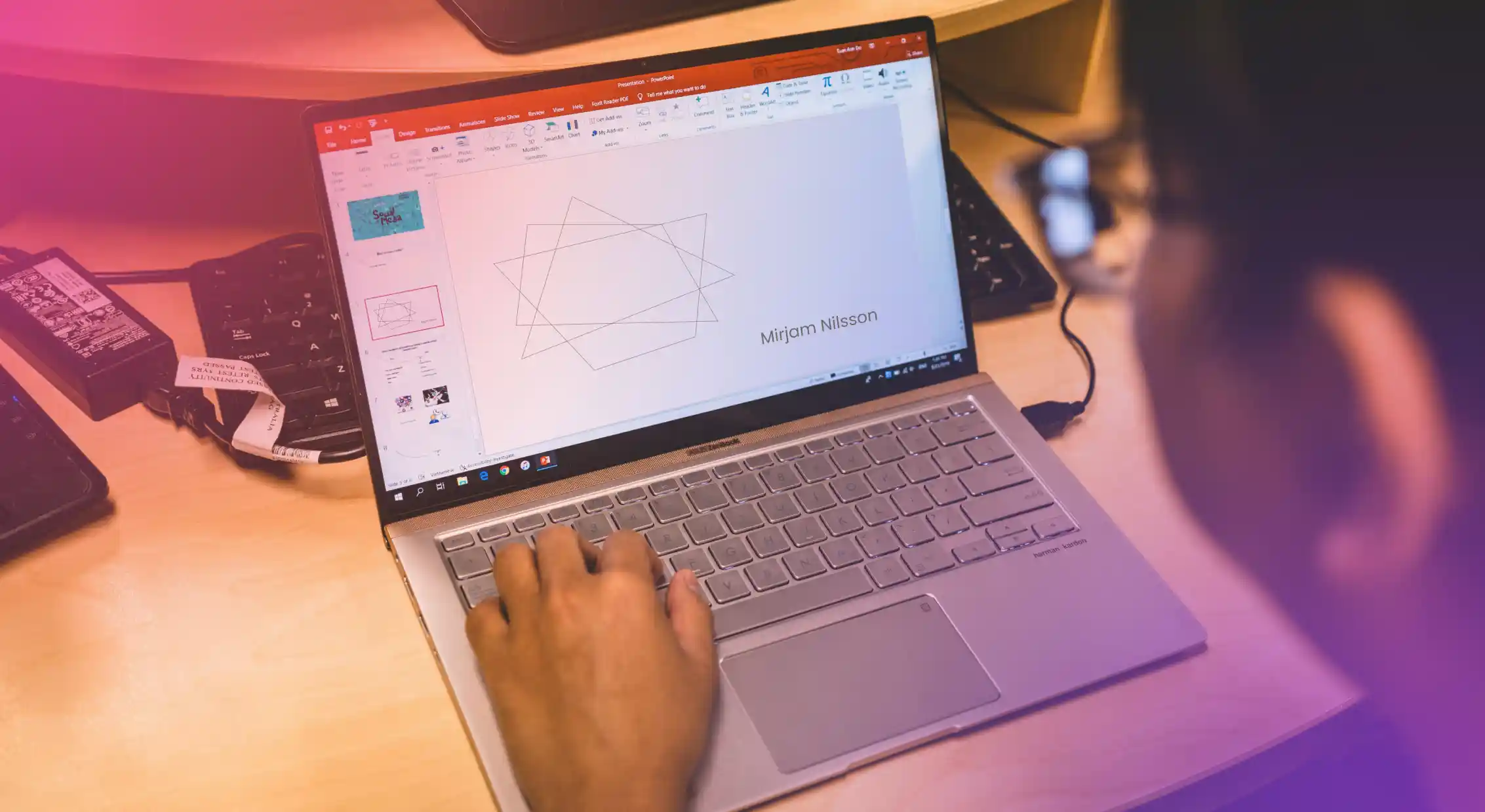Content Creators vs Influencers: Who’s Right for Your Brand?
.webp)
When a new meal prep company launched last spring, they tested two promotional approaches.
First, they partnered with a well-known fitness influencer who regularly posts daily workouts and snack reviews. She shared a 60-second unboxing and taste test of the brand's products on her Instagram Stories. The campaign drove a spike in orders within 48 hours, largely thanks to her discount code and enthusiastic review.
In contrast, the brand hired a content creator specializing in recipe development and food photography. He created a series of short-form videos featuring meal ideas using the brand's offerings, styled beautifully and paired with clear captions. His content was posted on Pinterest and YouTube and repurposed by the brand in newsletters and ad campaigns.
Six months later, the influencer's Stories had long disappeared, but the creator's videos continued to appear in search and deliver conversions through blog embeds and YouTube.
Same campaign. Same product. Two different results: one fast and fleeting, one steady and lasting.
So, who’s right for your brand? That depends on what you’re trying to achieve.
Let's break down what separates a content creator from an influencer and how to make the right choice for your next marketing campaign.
What is a Content Creator?
A content creator is someone who produces original digital material for specific platforms. They’re writers, video producers, editors, graphic designers, photographers, anyone who builds content from scratch, often with a clear purpose or style.
Some content creators build audiences on platforms like YouTube or Medium. Others work directly with brands, creating content for marketing, social media, websites, or ads. What they all have in common is a focus on craft, creativity, and clarity.
You will find content creators in roles like:
- Bloggers who write detailed guides and reviews
- YouTubers who produce tutorials or explainer videos
- Vloggers who share narrative-driven or themed content
- UGC creators who specialize in Reels, Shorts, or carousel posts
- Designers who create infographics or campaign visuals
Their value isn’t tied to how many followers they have but to what they can make and how it performs over time. Content creators are often hired to:
- Tell a brand story through visual or written content
- Produce assets for campaigns or always-on content
- Create evergreen material that drives search or referral traffic
For example, MKBHD (Marques Brownlee) is a well-known tech YouTuber whose content focuses on production quality and in-depth reviews. Brands often collaborate with him not just for promotion but to create polished, informative videos that stand the test of time on YouTube and search engines.
What is an Influencer?
An influencer is someone who has built a strong personal brand and a loyal following, typically on platforms like Instagram, TikTok, or X (formerly Twitter). Their strength lies in trust and visibility. People follow them not just for what they post but for who they are.
Influencers build a community by being consistent, relatable, or aspirational. They might not produce highly polished content, but they know how to capture attention, spark reactions, and create trends.
They’re usually hired to:
- Endorse products or services to their audience
- Participate in sponsored content or product placements
- Share discount codes, giveaways, or event promotions
- Be the face of a launch or campaign
Influencers come in different sizes:
- Nano (1K–10K followers) – tight-knit communities
- Micro (10K–50K) – strong engagement
- Mid-tier (50K–500K) – good reach with niche focus
- Macro (500K–1M+) – broad visibility
- Mega/Celebrity – mass-market appeal
What they bring to the table is access to people who trust them and who are often ready to act on their recommendations.
Take Alix Earle, a Gen-Z influencer known for her 'get ready with me' videos. When she features a product, it often sells out within hours. The content might be casual and unpolished, but the trust and urgency she creates drive action.
Key Differences Between Content Creators and Influencers

The terms are often used interchangeably, but the roles serve different purposes in a brand’s marketing strategy. While both contribute to brand visibility, their strengths lie in very different things, creators focus on building the asset, and influencers focus on building the audience.
Think of it this way: if you hire an Instagram content creator to create a high-quality product tutorial, you invest in content you can use repeatedly. If you partner with a TikTok influencer to discuss the same product in a trending video, you invest in buzz. Both are valuable for social media content creation, just in different ways.
Here’s a quick breakdown of how they differ:
To truly understand the difference between content creators and influencers, one should look beyond surface-level labels. While they may seem similar, the way they operate, connect with audiences, and generate value is fundamentally different. Let’s take a closer look at three areas where these differences stand out the most:
Content vs. Influence
This is the first major difference between a content creator and an influencer. Creators focus on delivering content that communicates a message clearly and creatively, whether or not it features their face or name.
Influencers focus on who is saying it, not just how it is said. Their personality, style, and opinions are part of the brand story when they post.
Audience Relationship
Creators don’t necessarily have a tight relationship with their audience. They may not even post content to their own channels if they are working directly for brands.
Influencers, on the other hand, often have a personal connection with their followers. They are seen as approachable, trustworthy, or aspirational. That emotional connection is why their recommendations often convert.
Monetization
Content creators make money by selling their creative work, videos, blog posts, photography, etc. They may monetize through:
- Brand contracts
- Platform monetization (e.g., YouTube ads)
- Licensing content for reuse
- Selling digital products or courses
Influencers usually earn through:
- Sponsored posts
- Affiliate commissions
- Brand partnerships
- Merchandise tied to their personal brand
The way each type earns money reflects their core strength: creators get paid for the content, while influencers are paid for their reach and impact.
So, Who Should You Choose?
It comes down to what your brand actually needs.
- If you need high-quality, reusable content for your website, emailers, or ads, work with a content creator.
- If you are launching a new product and want quick visibility or social buzz, partner with an influencer.
- If you want both? Some creators are also influencers, and vice versa. But make sure their strengths match your goal.
Instead of asking, “Who has more followers?” ask:
“Who will help us tell our story better and to the right people?”
Pros and Cons of Working with Content Creators
Content creators bring depth to a brand’s storytelling. Their focus as a digital creator is on crafting original, high-quality content allows businesses to build a strong library of assets that can be repurposed across multiple platforms, think how-to videos, branded photography, blog content, or social media posts.
Pros:
- Platform-agnostic content: Creators often deliver content that can be used across email campaigns, websites, ads, and social media.
- Niche expertise: Many creators specialize in particular formats or categories, whether that’s tech, beauty, food, or education, making their output well-aligned with audience expectations.
- Evergreen value: Unlike fleeting social media posts, well-made content continues to add value long after it's published.
- Creative control: They bring a strong production mindset, offering creative ideas and executions that go beyond standard promotions.
Cons:
- Audience reach may be limited: Not all creators have a built-in following, which means they may not generate immediate buzz on their own.
- Consistency varies: Some creators focus more on the artistic side and may not always meet tight deadlines or campaign guidelines.
- Brand alignment can be tricky: While their work is high quality, it might need adjustments to fit your tone or visual identity.
- Rights and licensing: Some creators charge additional fees for usage rights, which must be factored into campaign planning.
Content creators provide expertise, value, and flexibility for brands looking to invest in long-term storytelling or high-production assets, provided there's a clear brief and open communication.
Pros and Cons of Working with Influencers
Influencers offer what content creators usually can’t: instant access to a ready-made audience. They're often the go-to if your goal is buzz, visibility, or conversion spikes. Their followers trust their taste, which often translates into clicks, sales, and conversation.
Pros:
- High visibility: Influencers can amplify a brand message quickly, especially during product launches or seasonal pushes.
- Personal connection with followers: Recommendations feel less like ads and more like advice from a friend.
- Strong engagement: Audiences are often more active, liking, sharing, commenting, and buying based on influencer suggestions.
- Platform expertise: Influencers know how to use Instagram, TikTok, or YouTube algorithms to boost content reach.
Cons:
- Authenticity questions: Some audiences are wary of sponsored posts, especially when influencers promote too many products.
- Limited content rights: Many influencers don't allow brands to reuse content without paying extra or signing a licensing agreement.
- Risk of controversy: If an influencer makes a public misstep, associated brands can get caught in the backlash.
- Variable pricing: Some influencers charge premium rates based purely on follower count, not engagement or results.
Influencers are valuable for short-term awareness and viral traction. But finding the right partner and setting clear boundaries is key to avoiding reputational or budgetary pitfalls.
How Brands Can Utilize Both Content Creators and Influencers
You don’t have to choose between content creators and influencers; many brands use both to cover different goals.
For instance, a travel brand might collaborate with content creators to build high-quality destination videos for YouTube while also working with travel influencers to promote those destinations in real time on Instagram. This approach helps in the influencer marketing industry to drive the audience's purchasing decisions and build successful brand collaborations.
Here’s how to integrate both:
- Use creators to develop evergreen content for your website, YouTube, or email marketing.
- Use influencers to amplify that content by sharing it with their followers on social platforms.
- Pair platforms strategically: run influencer campaigns on Instagram or TikTok, while building SEO-driven content with creators for YouTube or blogs.
- With proper rights, repurpose creator content in influencer campaigns to maintain consistency and quality.
Skincare brand The Ordinary does this well. While creators produce detailed tutorials and ingredient breakdowns for their website and YouTube, influencers post their real-time experiences and skin updates on TikTok and Instagram, creating a two-pronged approach: education and influence for the niche audiences.
When done well, content creators focus on building the engine, while influencers help drive the car towards the target audience.
Summing up
Content creators and influencers both play important but different roles in digital marketing. Content creators focus on producing high-quality, reusable assets like videos, visuals, blogs, etc., that brands can repurpose across multiple channels. Influencers bring visibility, trust, and the ability to drive real-time engagement through personal storytelling and audience connection.
Choosing the right partner depends on your campaign goal. Content creators are a better fit if you need branded assets for ongoing use. Influencers can deliver faster results if you want to reach more people quickly and create buzz around a product launch.
That said, most successful brands don't choose one or the other. According to the Influencer Marketing Benchmark Report 2025, over 80% of marketers believe that influencer marketing is a highly effective strategy. At the same time, the digital content creation market was valued at $32.28 billion in 2024 with a projected growth to $69.80 billion by 2030, according to Grand View Research, indicating significant sustained momentum and rapid expansion in the coming years."
The takeaway? Think beyond reach. Focus on content that works hard across platforms and partnerships that support both awareness and brand equity over time. The right mix of creators and influencers can do just that.
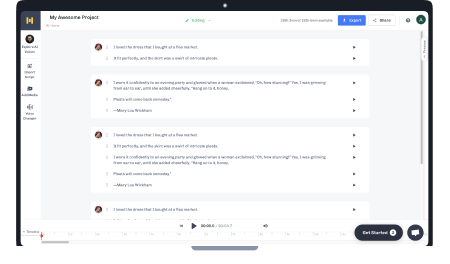
Frequently Asked Questions
What are the benefits of being an Instagram influencer?
.svg)
Influencers aim to turn their passion into income by partnering with brands, growing a loyal community, and sharing what they love. Influencers often receive products, event invites, and sponsored deals based on their niche. Influencer content helps boost brand visibility and promote products with engaging content across social media channels.
Can you be a content creator and influencer at the same time?
.svg)
Yes. It need not always be content creator vs influencer. Some individuals build both strong content skills and engaged audiences on social media platforms. These hybrid profiles of influential content creators are highly valuable to brands, which are usually in high demand and priced higher. Not all influencers are content creators and vice versa. It is usually decided by the creative strategy that can have very different marketing results for various influencers and content creators.
How many followers do I need to become an Instagram content creator?
.svg)
You don’t need a specific number. Even accounts with fewer than 1,000 followers can be successful content creators. What matters is the quality of your content, the authenticity of your own brand, and how well it matches what brands need. While content creators tend to prefer branded content, it is important to understand that influencers influence consumer choices by staying true to their followers in the long run. It is important to build brand awareness and create a dedicated audience with high-quality content tailored for the target group.



